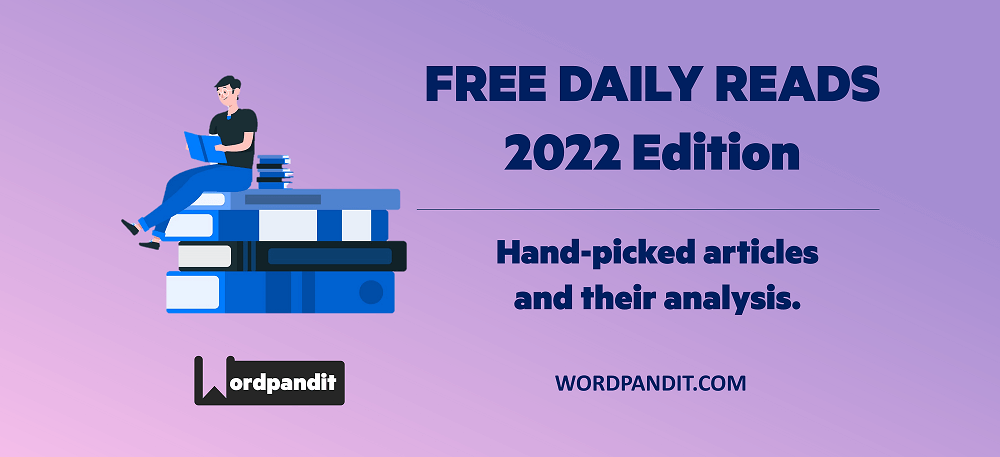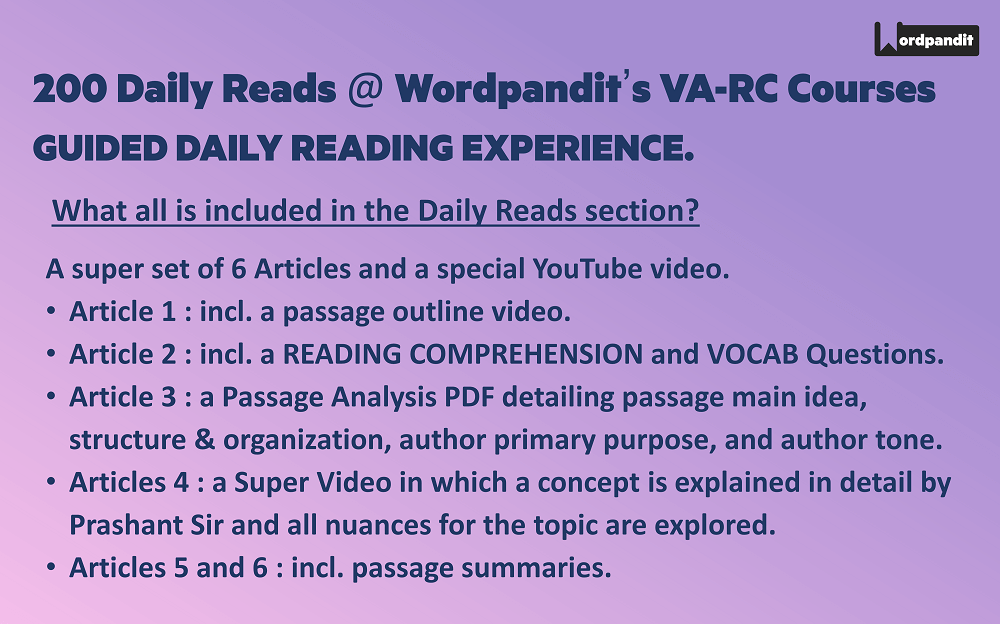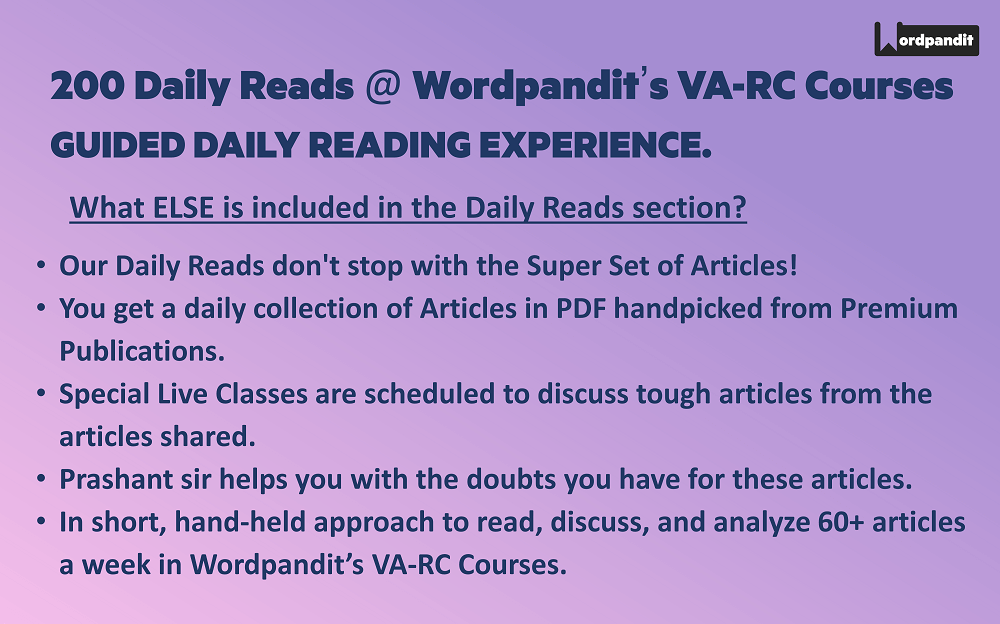Article Title: Our ‘Attention’ Isn’t Just a Resource, It’s the Way We Interact With the World
Article Summary
The article highlights that Our ‘Attention’ Isn’t Just a Resource, It’s the Way We Interact With the World. It starts with talking about the ‘attention economy’ , a phrase that’s often used to make sense of what’s going on in the smartphone era: it puts our attention as a limited resource at the centre of the informational ecosystem, with our various alerts and notifications locked in a constant battle to capture it.Talk of the attention economy relies on the notion of attention-as-resource: our attention is to be applied in the service of some goal, which social media and other ills are bent on diverting us from.
Treating attention as a resource, as implied by the attention-economy narrative, tells us only half of the overall story. The brain’s right hemisphere naturally adopts an exploratory mode of attending: a more embodied awareness, one that is open to whatever makes itself present before us, in all its fullness. So in addition to, attention-as-resource, it’s important that we retain a clear sense of attention-as-experience. The article discusses different problems associated with this information overload related to attention and finally provides the solutions to deal with the same.
Article Link: Click here to read the full article
Words to learn from this Article:
Fragmentary: consisting of small disconnected or incomplete parts.
Exploratory: relating to or involving exploration or investigation.
Cacophony: a harsh discordant mixture of sounds.
Profound: very great or intense.
Instant gratification: It is the desire to experience pleasure or fulfilment without delay or deferment. Basically, it’s when you want it; and you want it now.
Dystopia: an imagined state or society in which there is great suffering or injustice, typically one that is totalitarian or post-apocalyptic.
Unadorned: not adorned; plain.
Want more Daily Reads? Explore here:








